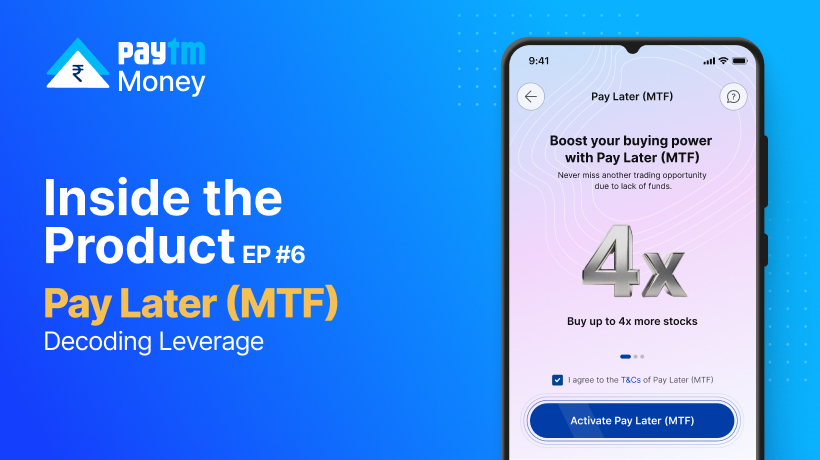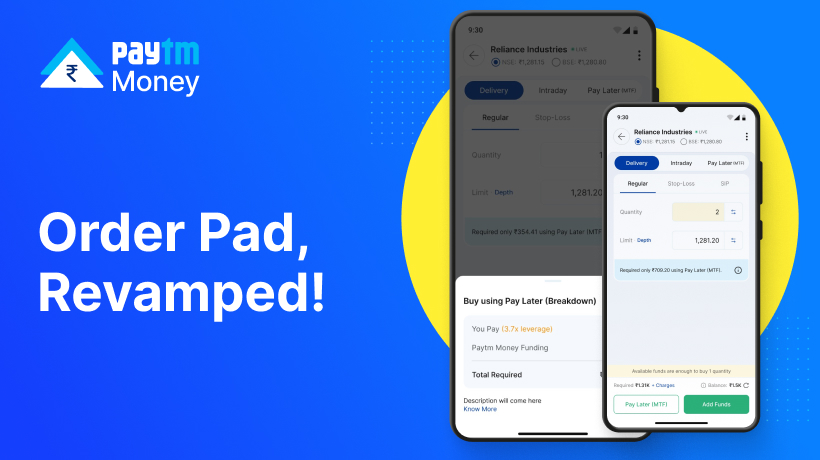An Entitlement that helps you apply for the Rights Issue4 min read
Before we step into understanding how one can apply for the rights issue, let’s break out all the basic information we need to know.
Rights issue:-
All the existing shareholders of a company will get the Right to apply for more shares of the same company at a discounted price. There are 2 main points that an existing shareholder should look up to when a company is Raising funds through Rights issues.
- The Ratio: – The eligibility criteria are set by the company. If a shareholder has 15 shares of Reliance industries in a DEMAT account on the Record date, and the company announces the rights issue with a ratio of 1:5, then you will be allowed to apply for 3 more shares for holding 15 shares.
- Price: – The price will always be lesser than the current market price, so be sure to know the price before applying for the Rights issue.
Rights Entitlement (RE): –
All the shareholders will get Rights Entitlement credited to their DEMAT account after a few days from the Record date. REs will be traded in the secondary market for a temporary period of time. Considering the previous example, if you had 15 shares of Reliance Industries and the company announces that they’re raising more funds through the Rights issue at a ratio of 1:5 and the price being 1200. You will get 3 quantities of Rights Entitlement that you can choose to apply for the rights issue or to sell it in the secondary market.
What happens if you don’t apply for the Rights issue through Rights Entitlement.
The Rights Entitlement will lapse at the rate of 0 and the RTA (Registrar and share transfer agent) will debit the REs from your DEMAT account. To make use of the REs which were credited to the DEMAT account, you can either sell it in the secondary market or apply for the Rights Issue shares.
Difference between Fully paid-up shares and Partly paid-up shares.
Fully paid up:
When a company is raising funds in a single shot and issues the actual shares if the client is applying for the rights issue, it is said to be a fully paid-up issue. The company will announce the price at which the eligible shareholder can apply for the Fully paid up Rights Issue a few days before crediting the Rights Entitlement to the DEMAT account.
Example:
M&M Financial Services announced a fully paid-up rights issue in the month of January 2021, where the Shareholders got 1 Rights Entitlement (RE) against 1 share of M&M FINANCIAL SERVICES, and the RE holders had the right to apply for the fully paid-up shares at the rate of Rs 50 (including a premium of Rs. 48 per fully paid-up Equity Share).
Partly paid-up shares:
Here, a company is said to raise funds partially with a formal notice to the shareholders on every call. Irrespective of one applies for the next call (Partly paid-up shares) or not, the previous partly paid-up shares will get extinguished with 0 value, so it’s better to either apply for the next call (Partly paid-up shares) or to sell it in the secondary market as it will trade for a temporary period of time in the secondary market.
Example:
Reliance Industries announced a partly paid-up rights issue in May 2020, where the RE holders had the right to apply for the partly paid-up shares of Reliance Industries, and the company is set to raise funds in the First call (From May 17 2021 to May 31, 2021) at the rate of Rs. 314.25 per partly paid-up equity share. And the second call will be in the month of November subsequently. We recommend you either pay the first call in order to carry forward the right to get the next partly paid-up shares or sell them within the last trading day which is on 10th May 2021.
How to Apply for Fully paid up and Partly paid-up shares:-
- You can apply through ASBA (Applications Supported by Blocked Amount) if your bank is accepting the applications.
- You can also apply through a Self Certified Syndicate Bank if you have received a courier of the Composite Application Form (CAF) from the company’s RTA.
- A few RTAs will also help you to submit the Rights issue application from their websites, for example, you can visit linkintime or kfintech.




